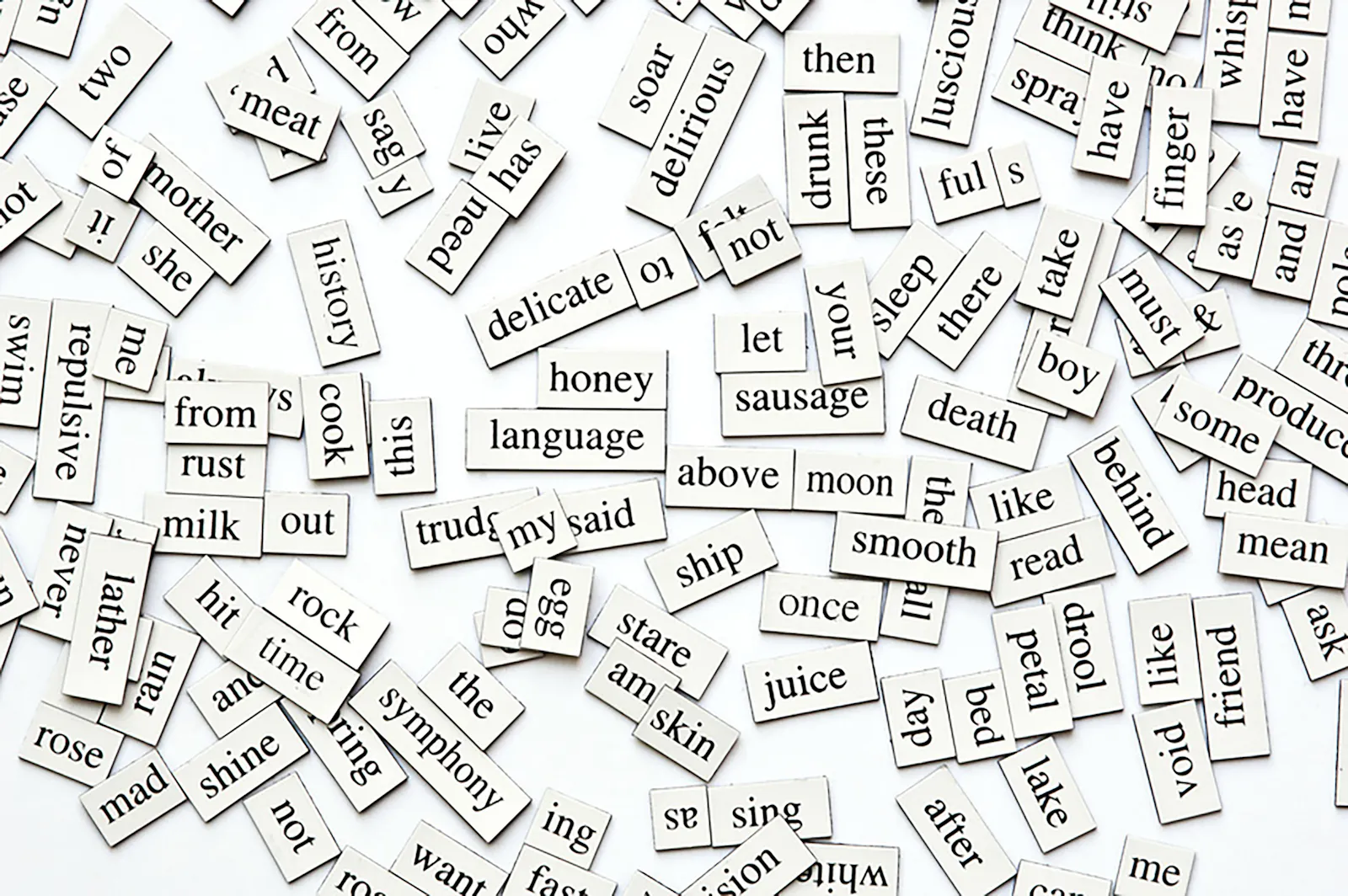Steady podcasters save endangered British words

Language is playful: that’s partly why it manages to contort and evolve. As new words pop into existence, like ‘vaxie’ (a vaccination selfie), which made its way into the dictionary in 2022 (Abre numa nova janela), other words fall out of vogue and eventually disappear. Which is sad, but also just part of the circle of word-life.
Resuscitating words from times yonder may not be the noblest cause out there, but in the spirit of linguistic gymnastics, why not play?
To celebrate Steady’s entry into the UK, we challenged our creators – and the wider British podcasting community – to get a little creative with their language use. They each adopted an increasingly rare regional British word and plopped it amongst their podcast broadcast. Did it fly? You’ll have to listen to the podcasts to find out. :)
Tune into Black History Buff (Abre numa nova janela) or The Lost Tapes of History Podcast (Abre numa nova janela) to spot the funky-sounding old turns-of-phrase. Then why not try dropping an endangered word or two into conversation yourself and see what happens!
Steady’s CEO, Dr Tina Dingel, has this to say about the initiative:
“As language evolves, we often witness the natural disappearance of local idiosyncrasies. Podcasting is now a mainstream audio medium, with nearly two-thirds of British adults regularly listening – we hope that this can help shine a light on some of the fascinating regional dialect words that have fallen into obscurity, with some bolder listeners hopefully even adopting one or two into their discourse - whilst telling your dinner guests you intend to ‘gormandise’ your meal may raise some eyebrows, it is certainly a conversation starter.”
Kerrie Fuller, the host of The Lost Tapes of History Podcast also commented:
“One thing that we can all agree on is that the English language is one of the richest in the world, which is what makes learning it so tricky. There are thousands of words already lost to history that our ancestors would have used on a daily basis that now would raise an eyebrow or a quizzical look if inserted into a sentence. And what a shame that is, because we are constantly wanting to describe our daily lives in more and more meaningful ways and sometimes an emoji just doesn’t cut it! Regional dialect words are particularly at risk as more of us now are not living where we were born. We have learnt to use the language of our new tribe because that’s part of fitting in with those around us.
Series three of the podcast, due for release in 2023, will concentrate on famous Georgian personalities, and as such one episode will feature the great Samuel Johnson appointing a lexicographer to help him compile his dictionary and will mention all 25 words much to the bafflement of the new employee.”
Where are the words from?
25 words were selected from the recent Survey of English Dialects, as well as the British Library’s sound archives.
What is the Survey of English Dialects (Abre numa nova janela)?
The Survey of English Dialects is a language study originally conducted between 1950 and 1961 by dialectologist Professor Harold Orton. It was an attempt to build a linguistic atlas of England and Wales, taking recordings of across 313 localities of local people.
The top 25 endangered British words:
Beggared adj : exhausted (Shropshire)
Blatherskite n : a gossip (Durham)
Dateless adj : silly (Yorkshire)
Dominie n : a teacher (Northumberland)
Dotherum-shakums n : tremors suffered by a person who cannot keep still (Westmorland)
Forby adv – besides, not to mention, as well as (Fermanagh)
Gallock n : a left hand; a left-handed person (Yorkshire)
Golder v : to laugh (Westmorland)
Gormandise v : to gobble food (Lancashire)
Hangman n : a malevolent spirit/goblin invoked by parents as a warning to children against bad behaviour (Yorkshire)
Hoddy-dod n : a snail (Essex)
Howd v – to sway/rock from side to side (Banffshire)
Jimmy n : a human mouth (Suffolk)
Jumbles n : sweets (Gloucestershire)
Kelt n : money (Lancashire)
Old Dutch n : wife (Middlesex & London)
Paddocked adj : thirsty (Lancashire)
Peerie adj – little, tiny (Shetland)
Peevers n - hopscotch (Ayrshire)
Petty n - an outside toilet (Gwynedd)
Progger n : a snack (Kent)
Scrammed-up adj : very cold (Devon)
Slithag n : a slice of bread (Isle of Man)
Truggan n : a bridge (Isle of Man)
Yewcums n : hiccups (Devon)


